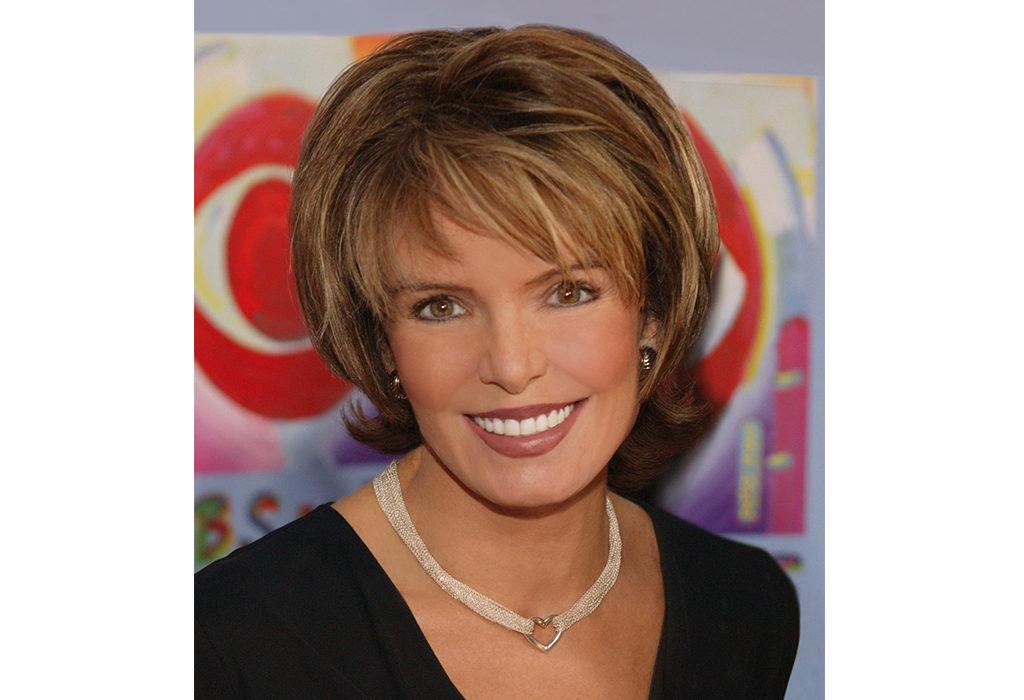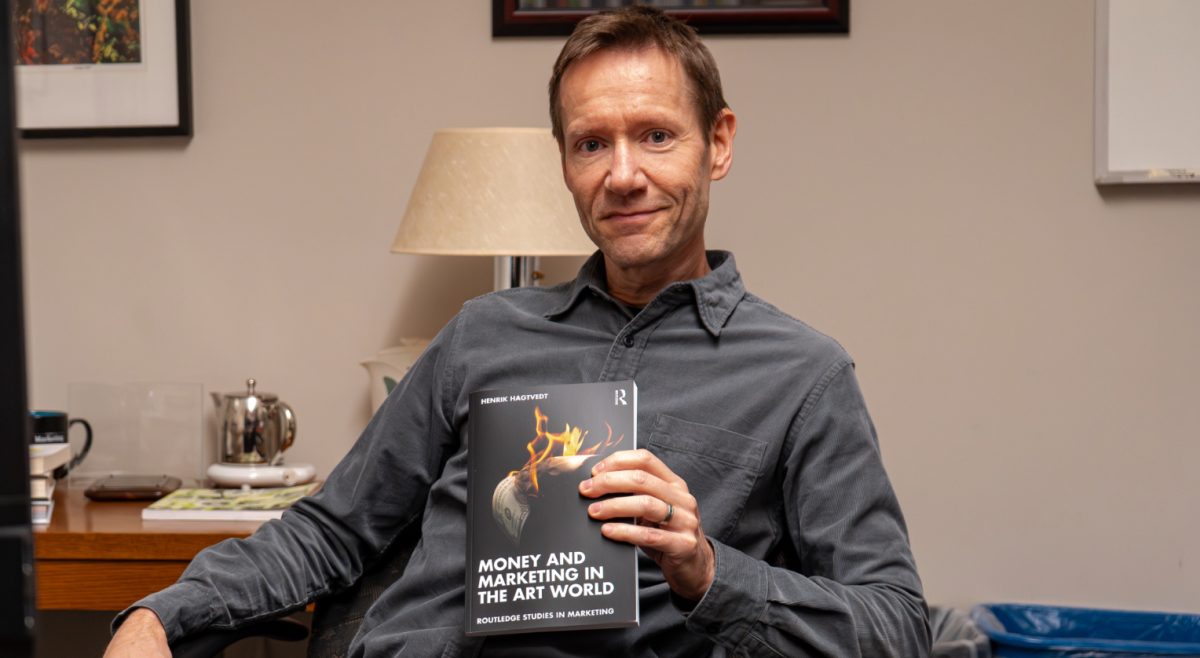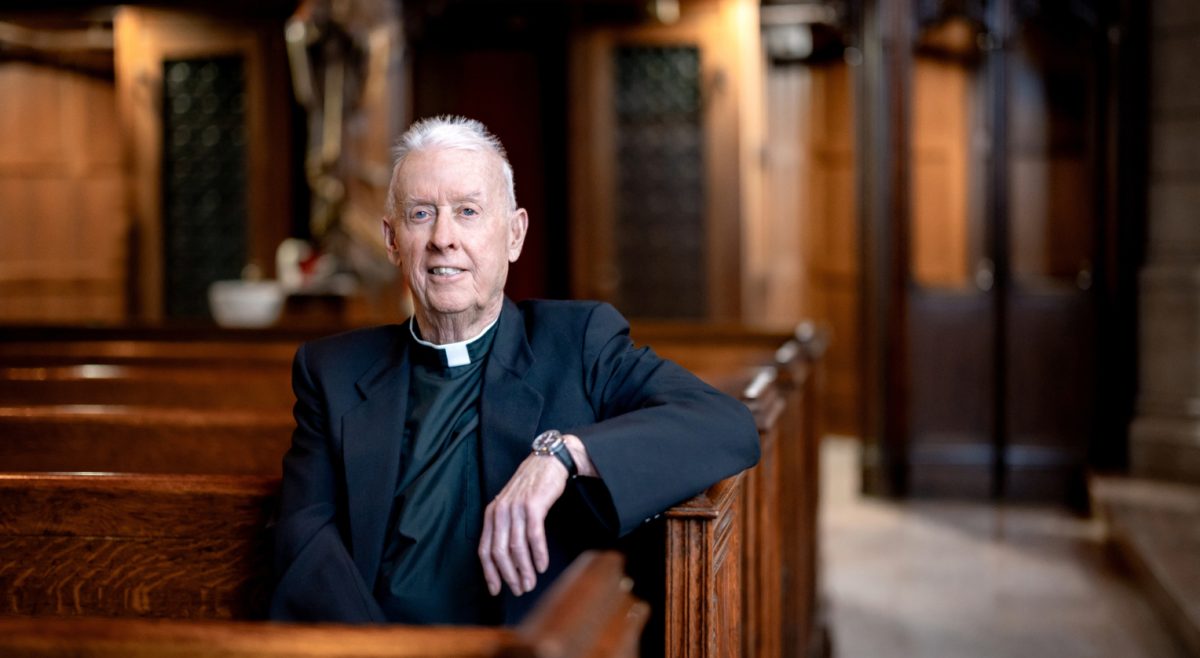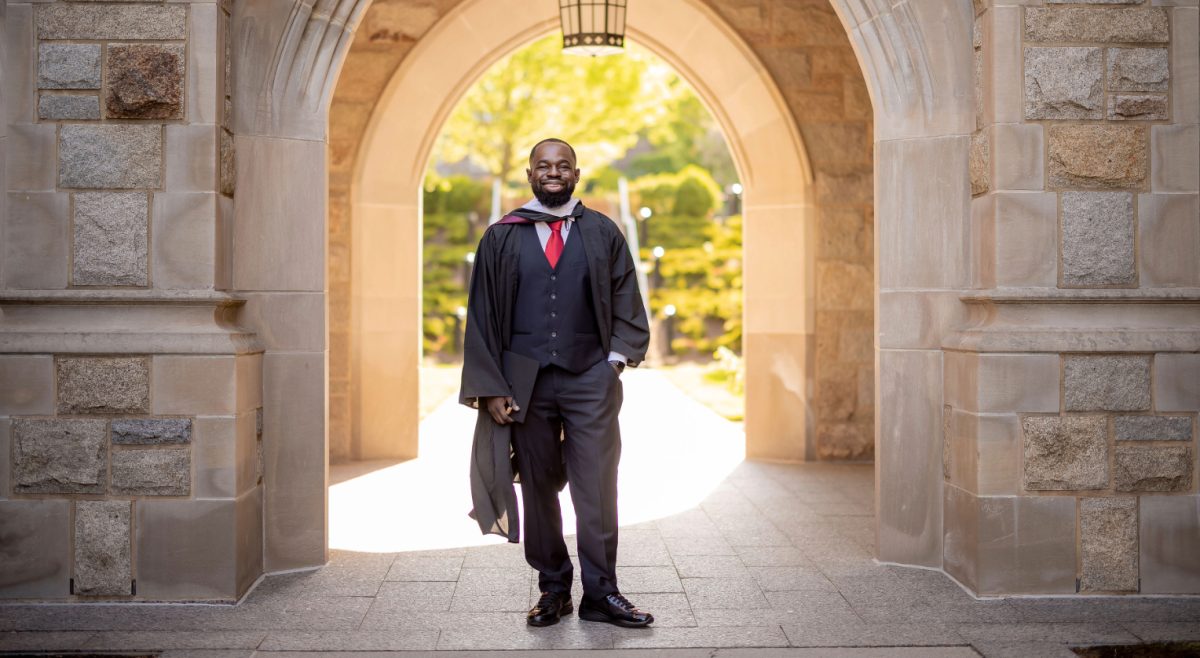I got bored reading the list of Lesley Visser’s accomplishments—she’s placed “first” in everything and “only” in some things. First and only woman enshrined in the Pro Football Hall of Fame, first and only woman to handle a Super Bowl Trophy Presentation, first woman assigned to Legendary Series – Monday Night Football, first woman assigned to a Super Bowl sideline, first woman sportscaster to carry the Olympic Torch, and first woman honored as a Lombardi fellow—more recently, she shredded her clavicle at the Super Bowl. And when I picked up the phone to talk to her—during the most exciting part of my week: two loads of laundry—she asked about me.
Though born to her loving and supportive parents Lesley Candace Visser, she has also been named one of Esquire’s “Women we Love,” one of GQ’s “Five Ideal Dinner Guests.” When you speak to her, her vast accomplishments begin paling in comparison to her personality.
The only thing more American than the old pigskin that she made a career out of reporting on is democracy—the right to vote. She’s a lady of the people and for the people—voted to both the Sports Broadcasting Hall of Fame, and Sports Writers Hall of Fame, and voted the No. 1 Female Sportscaster of All-time. She’s Obama’s “Change” with a “Yes We Can” for women beneath her portrait, and Bill’s “It’s the Economy, Stupid,” refigured—“It’s Sports, Stupid.”
Visser, BC ’75, was born in Boston and has spent much of her life in the Northeast. During her youth she moved around everywhere from Buckeye nation to the Golden State, because of her father’s job. But when she says things like “I’m a child of the Red Sox,” and “Joan Kennedy, are you a Kennedy?” (queuing my well-practiced “I’m from Texas, do the math.”), she proves that you can take the girl out of Boston, but you can’t take the Boston out of the girl.
When it came time for college, instead of opting for the West Coast like her father—relatably admitting “I was never going to get into Stanford”—Visser heard “For Boston, for Boston, We sing our proud refrain!” ringing in her head. In 1971, she headed for the Heights as part of the first class of women to be admitted into the College of Arts and Sciences. Immediately, upon crushing another Jesuit president’s green grass with the print of her eager shoes, she headed for The Heights—the one with a capital “T” and italics—the student newspaper.
At The Heights, Visser found her first big break. She knew she wanted to be a sports writer all her life. Such clarity is hard to imagine, and such an appetite in the 1960s seems near impossible.
“Women in the early ’60s were just about three or four things. They were teachers, secretaries, or domestics,” Visser said.
It must have been strange for her mother to hear such ambition emanating from her 10-year-old mouth. Yet Visser says the woman who raised her never dissuaded her. Instead, she engrained in her impressionable mind something that became a mantra for her life and has recently become the title for her new book: “sometimes you have to cross when it says ‘don’t walk.’”
“I thought ‘I am going to break through and I am going to make this happen,’” Visser said.
Her first jump toward record-breaking came in the Heights newsroom, where she found herself one of many soon-to-be greats writing about Boston College’s sports teams. She spent long hours in the Mac basement—like me, a female editor she indirectly helped get in the game—crossing when it said don’t walk so that others could eventually cross without looking, with no fear.
She, Bob Ryan, and Mike Lupica had the same all-time favorite professor—Paul Doherty. He made her love Shakespeare, and learning, and creative writing. When asked about Visser’s success, he replied candidly, and perhaps too modestly, “I didn’t have anything to do with it.”
“She had a very winning personality—she’s open and frank … She had it all,” Doherty said.
Though her personality, good nature, and smarts helped her get where she wanted to go, Doerhty doesn’t downplay the struggle she faced, claiming that she probably would have been a really successful athlete (on top of being a naturally-gifted writer) had Title IX been passed a little earlier, and had women’s sports been given attention and funding—a thing Visser finds joy in finally seeing, stating she’s really proud of BC’s women’s field hockey team. In an article she wrote for The Heights in September of 1974, Visser describes them saying, “They are the girls of autumn. They fight the football team on one side and the baseball team on the other. They have little money and are understaffed, but they are just as dedicated as any team on this campus.”
“She really had to work hard to establish herself,” Doherty said.
But when asked about the hardships she faced, Visser laughs and points to the time she interviewed Billie Jean King and asked her about the pressure of always being in the Wimbledon final to explain her philosophy. King laughed and replied “Are you kidding? Pressure is a privilege.”
Visser applied for a Carnegie Foundation Grant, of which 20 were awarded nationally to women who wanted to work in male-dominated fields, her junior year at Boston College.
“We’re not talking 1873, but it was like that. All the jobs were 95 percent white men,” Visser said.
After graduating from BC—she credits the Jesuits for giving her critical thinking skills and the Notre Dame rivalry for making her insufferable over email whenever there’s a game—Visser moved on to The Boston Globe, not wanting to stray farther than an arm’s-reach away from the reach of the polluted sprays of the Charles River.
“I had a lot of Boston in me … Sports was so important in Boston,” Visser said.
So the sports-obsessed girl officially made her home in the Red Sox, Patriots, and Bruins-obsessed city, becoming a part of the sports section that Sports Illustrated voted the best of all-time in the eight years she was there. It was exciting and challenging, a golden age of sports and sports-writing in Boston—the perfect place for the golden girl of sports to nudge her way to creating her own legend.
“Everybody was a giant … It was intimidating but my passion outweighed the hurdles,” Visser said.
Though she had a run marked by triumphs at The Globe, successful enough for her to get recruited by CBS, it wasn’t untainted by the ever-looming touch of mistakes. While helping take down the mob and reporting on BC’s point shaving scandal, Visser made a crucial error and falsely implicated an uninvolved hooper.
“I wasn’t dealing with CNN, or Google or published accounts, I was doing all the reporting myself and I was getting the information from mobsters—they aren’t the most reliable, as you might imagine, but they were the ones who knew the story. They gave me names and I reported them,” Visser said in an email.
As soon as Visser and The Globe knew a name was incorrect, they published a retraction and gave the player a settlement. Visser said that the best thing to do in such a situation is acknowledge that you are wrong—that these things happen in news all the time, not necessarily due to negligence. The error never hurt her integrity because of how she handled it. After The Globe, she went on to work for CBS.
“You really don’t have to worry about her too much … When she tells her story I know she’s going to have her facts straight, she’s going to have her story straight. She’s so prepared, she’s so honest about what she does and so fair about what she’s reporting,” said Suzanne Smith, CBS Sports director and producer, who worked with Visser.
Visser and Smith both partially credit Visser’s transition from print to broadcasting to her writing prowess.
“If you can’t write and tell the story properly … it doesn’t matter how you say it,” Smith said.
During her first seven years covering the NFL there were no provisions for equality, so instead of being able to walk into the locker room with other reporters, Visser had to wait in the dark, cold parking lot for the stars to emerge. John Madden used to tell her she was “stuck in a two way ‘go.’” Sometimes she would be waiting for Terry Bradshaw, but then Steve Grogan would come out at the same time, and she would have to make a split-second decision of who to approach. Already writing on deadline, when she was finally able to get a quote, she had to run to write in a sprint, darting behind the men who leisurely gathered their goods in the locker room way before her.
Instead of being angry at glaring inequalities, Visser said she was grateful, realizing how lucky she was to be doing things like covering the Olympics, for example. She even thinks the disparities she had to deal with helped make her a better writer—she had to go get a story, chasing words with hunger, and not just stick a mic in someone’s face.
Rather than being bitter about judgements and remarks from others (specifically the bias of the players she was writing about), she combatted them with humor. She laughs at how weird she must have looked to players, some of whom would quickly sign an autograph on her notepad before she could explain who she was. Others, probably hyped up on post-workout and definitely hyped up on testosterone, hit on her.
“I would say, ‘Now, your mother didn’t teach you to talk like that,’” Visser said.
Visser’s appreciation for sports runs deep. She dresses up as Celtics’ Sam Jones every year for Halloween to this day, no matter where she lives.
“Sam still calls me before Halloween and says ‘please Lesley, you’re 65 years old,’ and I say ‘too bad!’” Visser said.
She is impressed with the courage it takes to put it all out there and has respect for anyone who takes the court in any sport because their skin is made translucent by probing lights, and faults enhanced under the glare of spectators. On the court, everyone can see an athlete for who they are—playing a sport is opting for scrutiny, to be put under the strongest microscope or the most accurate lie-detector.
“There are a lot of jobs you can hide behind the desk, or behind a piece of paper,” Visser said. “But in sports nobody cares who your father is or how much money your mother has. You either hit the jumper or you don’t. You can have all the money in the world but that doesn’t mean you make the team.”
When describing what she finds most impressive about Visser, Smith pointed again to the fairness and grace with which she upholds herself. She is able to navigate the locker rooms of losing teams, and fiery situations with coaches. Because she was given chances in her life, she makes it her priority to give everyone a chance to tell their story. Sports are the business of underdogs—the only “even playing fields” in this world are even playing fields. So, Visser the underdog made her career writing about what she knows.
“My favorite day of the year is the semis of the Final Four,” Visser said. “Because everyone has a chance.”
Photo courtesy of Lesley Visser







